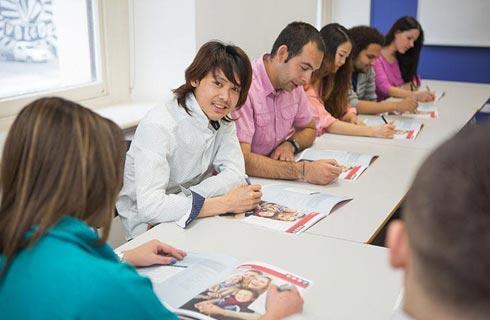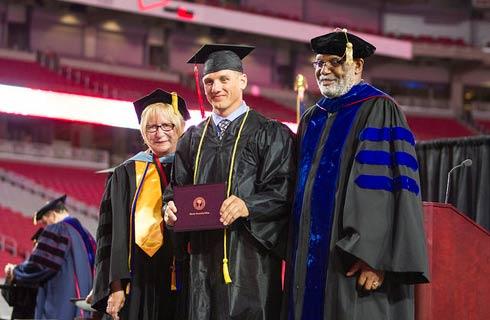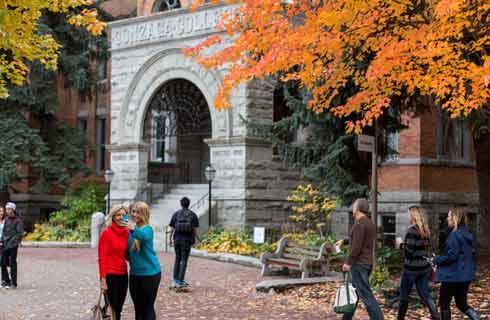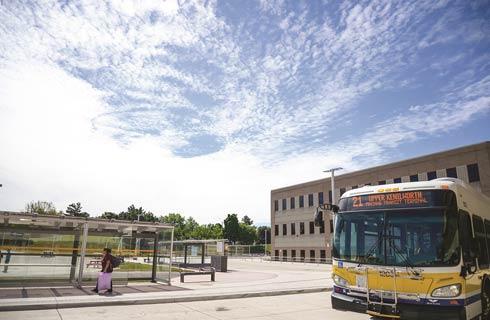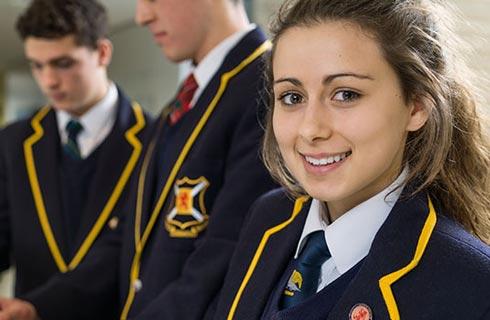Master of Science in Counselor Education

东卡罗来纳州立大学

QS排名:
国际学生入学条件
Applicants must first meet the requirements of the Graduate School, which includes at least a 2.75 undergraduate GPA and scoring in the 30th percentile on the GRE or MAT. Failure to meet these requirements keeps applicants from meeting the minimum standards for the Graduate School. All undergraduate majors are considered. Candidates are expected to demonstrate leadership and experiential qualities through activities such as student teaching, human service activities, and volunteer work. An acceptable score on either the Graduate Record Exam (GRE) or the Miller Analogies Test (MAT) is required (scoring in the 30th percentile meets the Graduate School’s minimum requirements, but does not guarantee admission). An iBT TOEFL score of 18 on each section for a total minimum score of 78, IELTS score of 6.5, is required to meet the language exam requirement. The paper- or computer-based TOEFL exam is accepted by request only. Official reports of standardized admissions test results must be sent directly to the Graduate School by the testing service (GRE or GMAT).
展开
IDP—雅思考试联合主办方

雅思考试总分
6.5
了解更多
- 雅思总分:6.5
- 托福网考总分:78
- 托福笔试总分:160
- 其他语言考试:PTE score of 65 (with 60 on each section) is required to meet the language exam requirement.
CRICOS代码:
申请截止日期:请 与IDP联系 以获取详细信息。
课程简介
East Carolina University's counselor education program allows students to work closely with faculty as they learn and grow as professional counselors. The counselor education program places strong emphasis on students' development of professional identity as counselors, providing academic learning opportunities in core curriculum including theory, techniques and assessment and specialty training in three professional specialization areas: professional school counseling, student affairs and college counseling, and clinical mental health counseling. The program offers graduate students who come from varied undergraduate backgrounds, an opportunity to explore and develop their own personal styles and approaches to professional counseling.<br><br>Students will study in classrooms wired with the latest technology, as well as in the McClammy Counseling Laboratory as they learn about the profession. Students will engage in a variety of learning experiences as they seek to apply content to practice through a variety of courses, assignments, and experiential learning opportunities. In addition, students will gain leadership, collaboration, and helping skills as they become immersed in the field. In addition to a student's classroom experiences, he or she is encouraged to become an active member in the profession through professional association involvement (i.e, presentations, publications, etc.) and leadership positions.
展开
相关申请

预科

奖学金

实习机会

在校学习

跨境学习

校园授课-线上开始

在线/远程学习
学校排名
世界排名
801
数据源:泰晤士高等教育世界大学排名

关于东卡罗来纳州立大学

东卡罗来纳州立大学 East Carolina University,简称为ECU,为一所州立大学,创校于公元1907年,是一所具有相当悠久历史的学府,创立之初为一所培育师资的师范学校,本意是为了改善美国东部普遍师资不足所设立,经过了近一个世纪的演变,渐渐改制为现今的研究型大学。东卡罗来纳州立大学是一所相当不错的学府,分别提供了100个学士学位的课程、80个硕士的课程及13个博士的课程。东卡罗来纳州立大学的教授,都是具有博士的学历,而且是单指全职性的教授,也确保了学生的学习质量及专业度。东卡罗来纳州立大学拥有许多值得推崇的专业科系课程,课程上的安排也是针对目前时代潮流所演变设计的课程,十分具有实务性。 东卡罗来纳州立大学 有三座图书馆,为专门为音乐所设立的图书馆、为保健自然科学所设立的图书馆、为综合性的图书馆,馆藏丰富,让学生便于查询数据及报告使用。 东卡罗来纳州立大学有15栋宿舍分别位于三个校园间,这些宿舍所在位置,均邻近学校建筑,对于学生来讲,在平时休闲活动上、校园生活上均是十分的便捷。 东卡罗来纳州立大学的学校活动也十分的活跃,约有18个活跃的组织及团体,有些校园信息可以从部份这些团体及组织得知,例如:学生报纸、广播电台、文学写作杂志等,有些则是会常举办一些竞赛及表演性质的活动,例如:音乐比赛、合唱团、戏剧及舞蹈表演、演奏会、演讲、影片播放等,并且学校还会提供实习的机会。
















